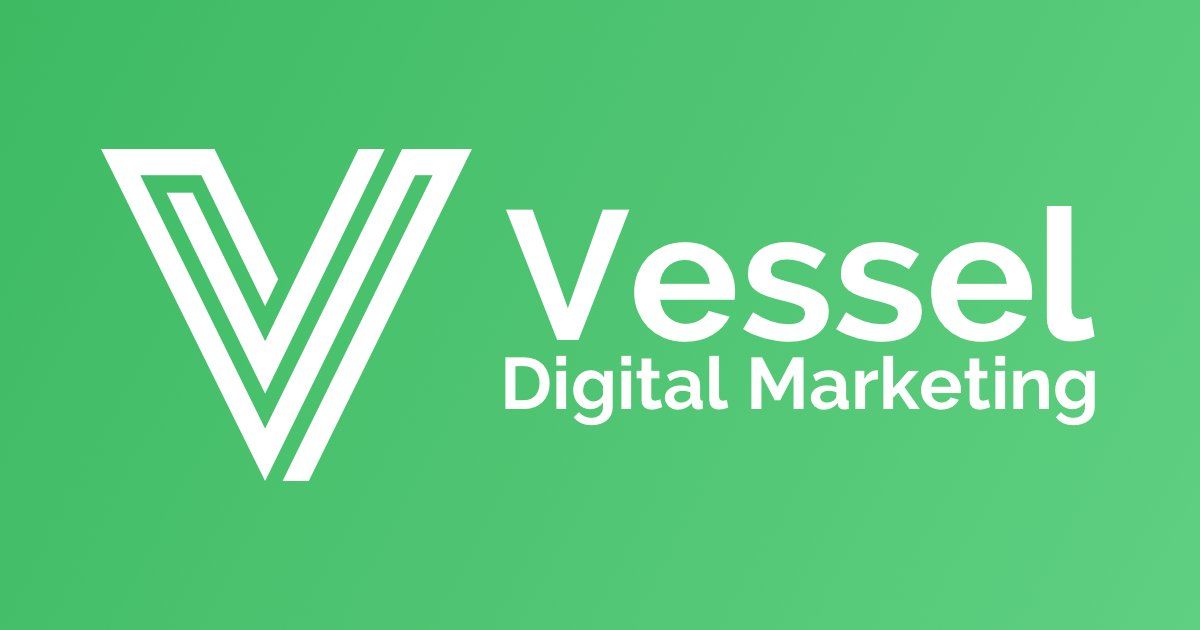The Importance of Search Engine Optimization (SEO)
In our previous blog post, we briefly touched on the importance of Search Engine Optimization (SEO) as a critical part of any digital marketing strategy. In this follow-up post, we'll dive deeper into why SEO is so essential and provide some tips on how to optimize your website for search engines.
Why SEO is Important
Increased Website Traffic
The primary goal of SEO is to increase your website's visibility in search engine results pages (SERPs). By optimizing your website for relevant keywords, you can rank higher in search results and drive more organic traffic to your site. Organic traffic refers to visitors who find your site through a search engine, rather than through paid advertising or other means.
Improved User Experience
SEO is not just about optimizing your website for search engines; it's also about providing a great user experience. A well-optimized website is easy to navigate, loads quickly, and provides valuable content to users. By improving the user experience, you can increase engagement and reduce bounce rates, which can lead to higher rankings in search results.
Increased Credibility and Trust
When your website ranks higher in search results, it can improve your credibility and trust with potential customers. Users are more likely to trust websites that appear at the top of search results, as they see them as more authoritative and trustworthy. By optimizing your website for search engines, you can build trust with potential customers and establish your brand as a thought leader in your industry.
Cost-Effective Marketing
Compared to other forms of digital marketing, SEO is relatively cost-effective. While there are some costs associated with hiring an SEO professional or investing in SEO tools, the long-term benefits of increased traffic and improved user experience can outweigh the costs. Unlike paid advertising, which requires ongoing investment, SEO can provide long-term benefits with minimal ongoing investment.
Tips for Optimizing Your Website for SEO
Conduct Keyword Research
Keyword research is the process of identifying the keywords and phrases that your target audience is searching for. By identifying these keywords, you can optimize your website's content to rank higher in search results. Use keyword research tools like Google Keyword Planner or SEMrush to identify relevant keywords for your business.
Optimize Your Website's Content
Once you have identified relevant keywords, you need to optimize your website's content to include those keywords. However, it's important to avoid keyword stuffing, as this can actually hurt your SEO efforts. Instead, focus on creating high-quality content that includes relevant keywords in a natural and engaging way.
Improve Your Website's User Experience
As we mentioned earlier, user experience is an essential part of SEO. To improve your website's user experience, focus on improving site speed, optimizing for mobile devices, and creating easy-to-use navigation menus. Use tools like Google PageSpeed Insights or GTmetrix to identify areas for improvement.
Build High-Quality Backlinks
Backlinks are links from other websites to your website. They are an essential part of SEO, as they signal to search engines that other websites consider your content valuable and authoritative. To build high-quality backlinks, focus on creating high-quality content that other websites will want to link to. You can also reach out to other websites in your industry and ask them to link to your content.
Monitor Your SEO Performance
Finally, it's essential to monitor your website's SEO performance regularly. Use tools like Google Analytics or Ahrefs to track your website's traffic, rankings, and backlinks. By monitoring your SEO performance, you can identify areas for improvement and adjust your strategy accordingly.
Conclusion
SEO is a critical part of any digital marketing strategy. By optimizing your website for search engines, you can increase your website's visibility, improve user experience, build credibility and trust, and drive more organic traffic to your site.
Enjoyed this article?
Here's a few more that may interest you.

Want to know more?
Set up a [free] consultation.
We will walk through your current website and discuss the vision for your new website, as well as any other digital marketing needs you may have.


